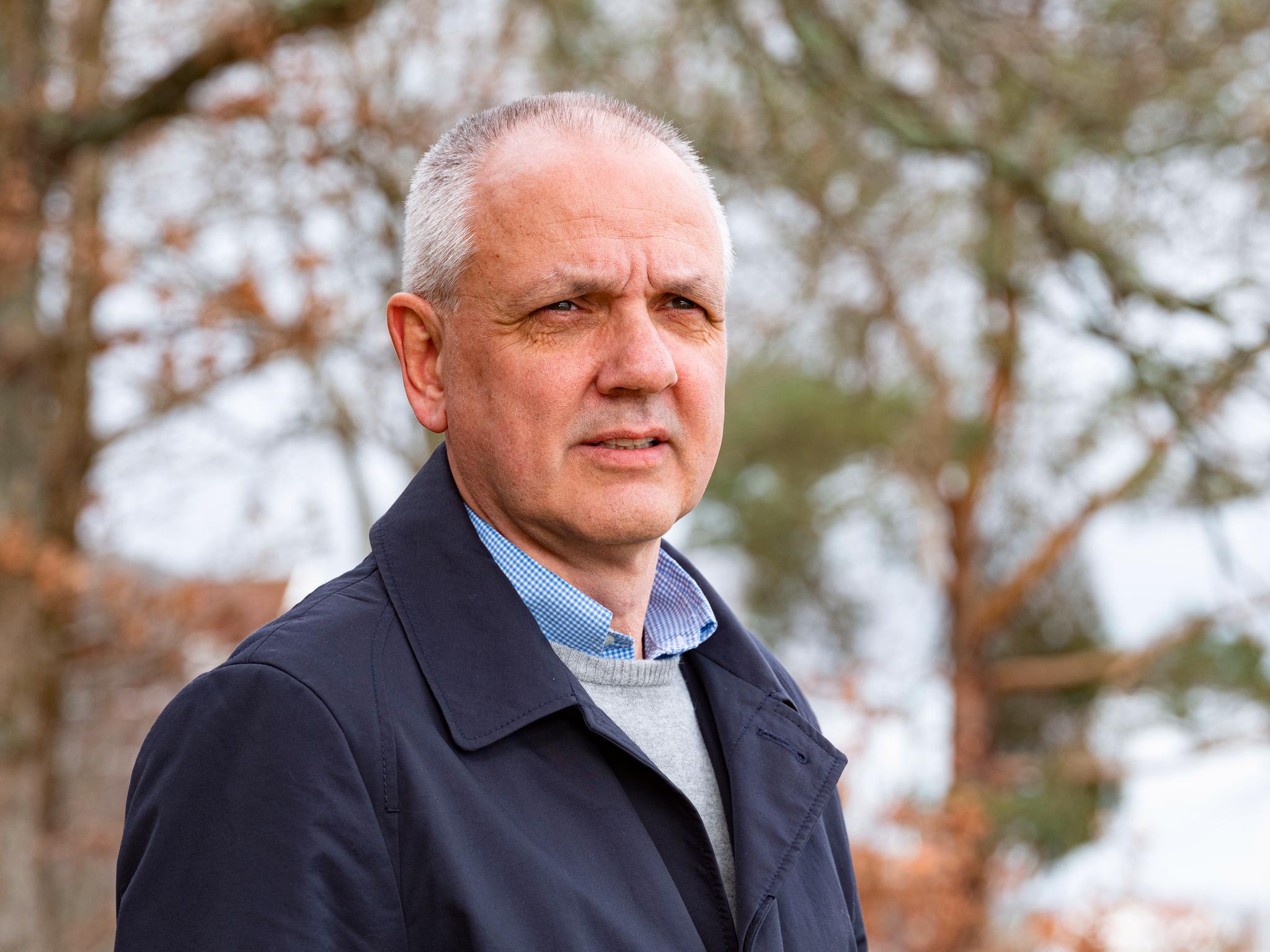Researchers in Cyprus believe they have found a new type of halo that is a mixture of omicron and delta. However, FHI believes this is a lab error.

– At the moment, we consider the so-called new variable “crown delta” to be a laboratory error and not a new variable. If the World Health Organization confirms it is a new variant, we should take a closer look at it, writes chief medical officer Preben Avitzland at the National Institute of Public Health (NIPH) in an email to Dagbladet.
Researchers in Cyprus believe they have discovered a new type of coronavirus. The so-called variant is referred to as a mixture of delta and omicron, and thus has been called “crown delta” in the media.
junk in the background
NIPH is awaiting more information to obtain a better basis for assessing the Cyprus results.
– At the moment, it may seem that there may be some problems with the generated results. When you sequence like this and you look at viruses in detail, it takes little for there to be any “background debris” in the genetic sequence that could indicate the virus is something other than what it is, says division lead Caroline Bragstad in Influenza and Other Infections. Airborne at FHI.
Several doubts about the “alternative”
The FHI assessment is in line with the assessment of many international researchers VG.
The delta crown is not real and is probably due to lab contamination of sequence fragments with an omicron in the delta sample, Krutika Kubali wrote on Twitter.
She is an expert in infectious diseases and a member of the World Health Organization’s COVID group.
Kubali is supported by virologist Tom Peacock in the Imperial Department of Infectious Diseases at Imperial College London. He’s been following the Delta Crown since December and believes it’s either contagion or double infection.

“Organizer. Social media geek. General communicator. Bacon scholar. Proud pop culture trailblazer.”
